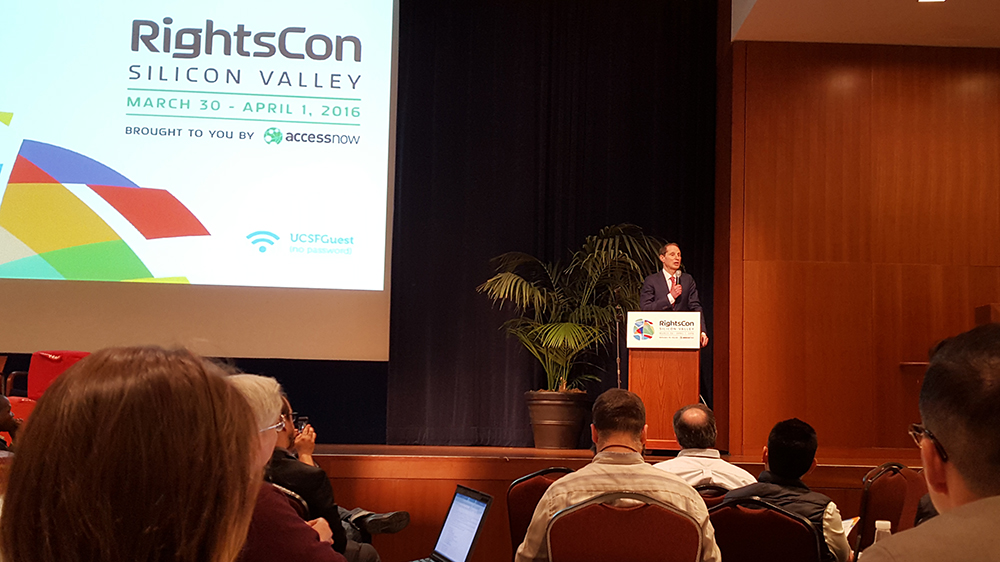While the debate about encryption (brought to the foreground by the recent fight between Apple and the FBI) continues to rage on, at least one U.S. senator has clearly had enough, and is ready to draw a line in the sand. [More]
data privacy
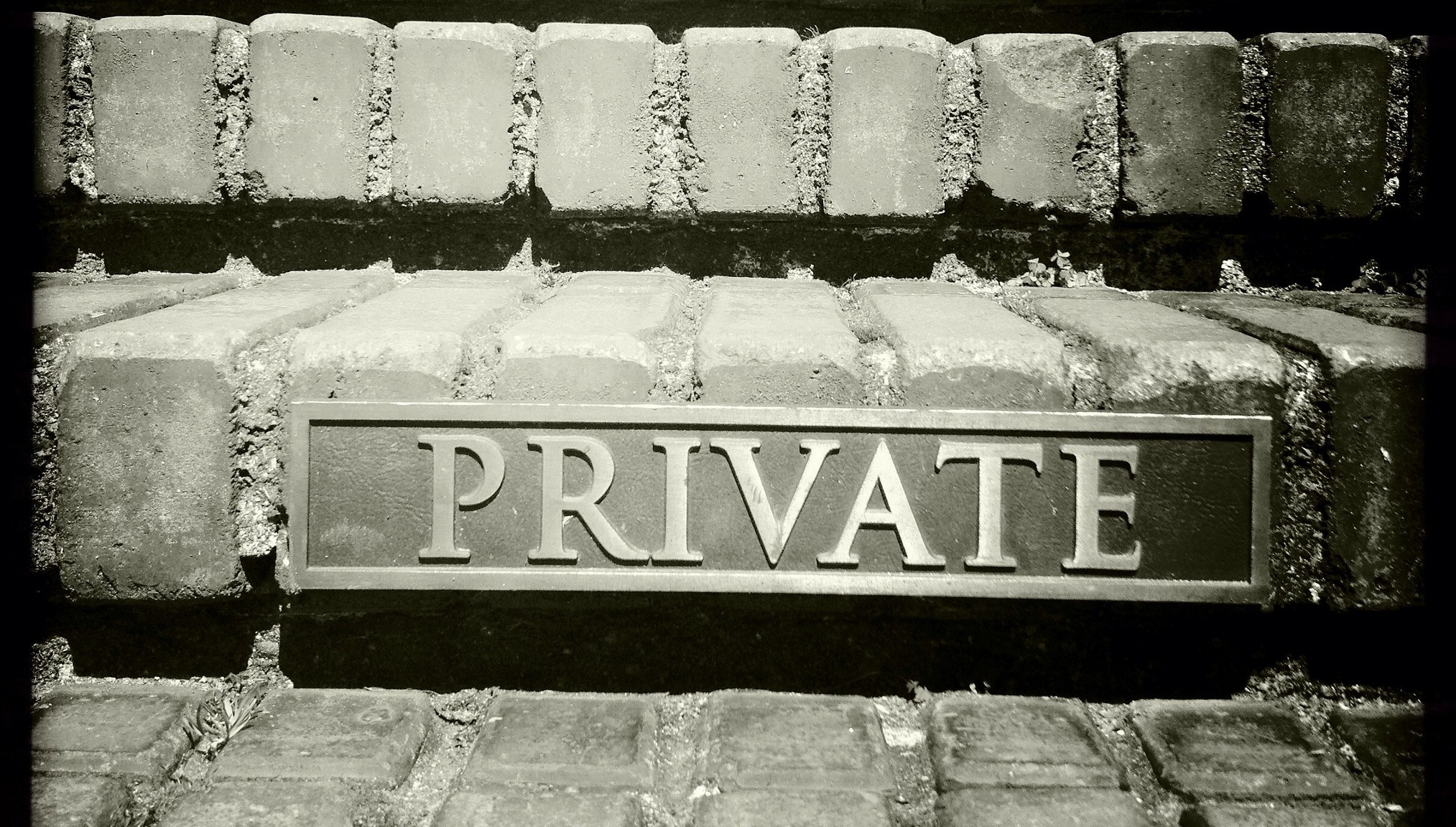
Broadband Industry: It’s Unfair If Facebook Can Collect Your Data, But AT&T Can’t
Later this week, the Federal Communications Commission will be voting on a proposal intended to protect some of your personal data from being shared by your Internet service provider, by requiring that the ISP first get your permission. As the vote approaches, the broadband industry is trying to make the case that your ISP’s collecting and sharing of customer data is no different than Facebook or Google’s. [More]

App Developers Warned: You Need To Tell Consumers First If You’re Going To Eavesdrop
Your phone has a microphone, and it listens — but not just when you’re making a call or practicing a second language on purpose. It listens whenever an app tells it to, and to whatever happens to be around you for it to hear. And if an app does that without telling you first, it could be in hot water with the Federal Trade Commission. [More]
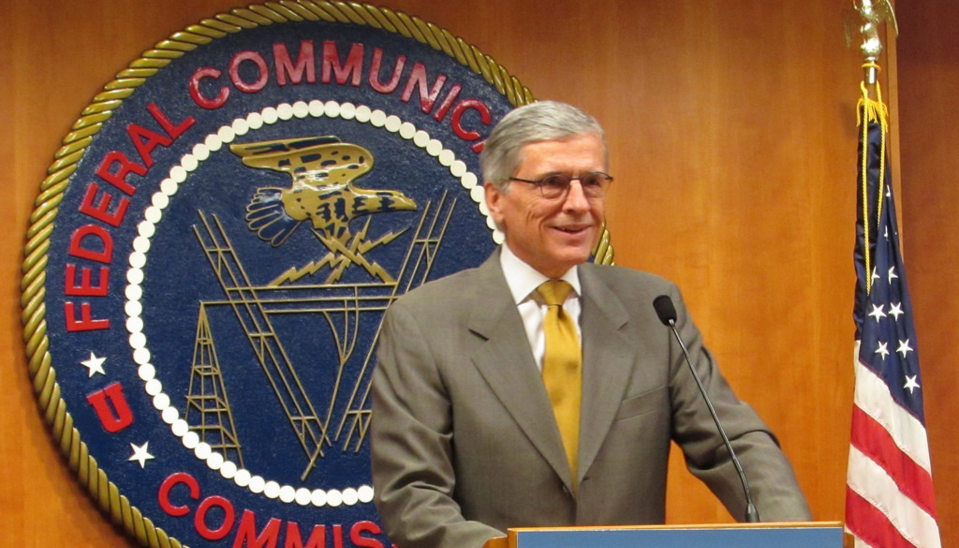
FCC To Consider Rules That Would Make ISPs Get Permission To Share Your Personal Info
There’s a reason they call this century the information age: everything is data, data, data. And today, the FCC announced a proposal that would regulate how ISPs — over which all that data flows — have to get your permission to collect and share all that juicy, valuable information. [More]
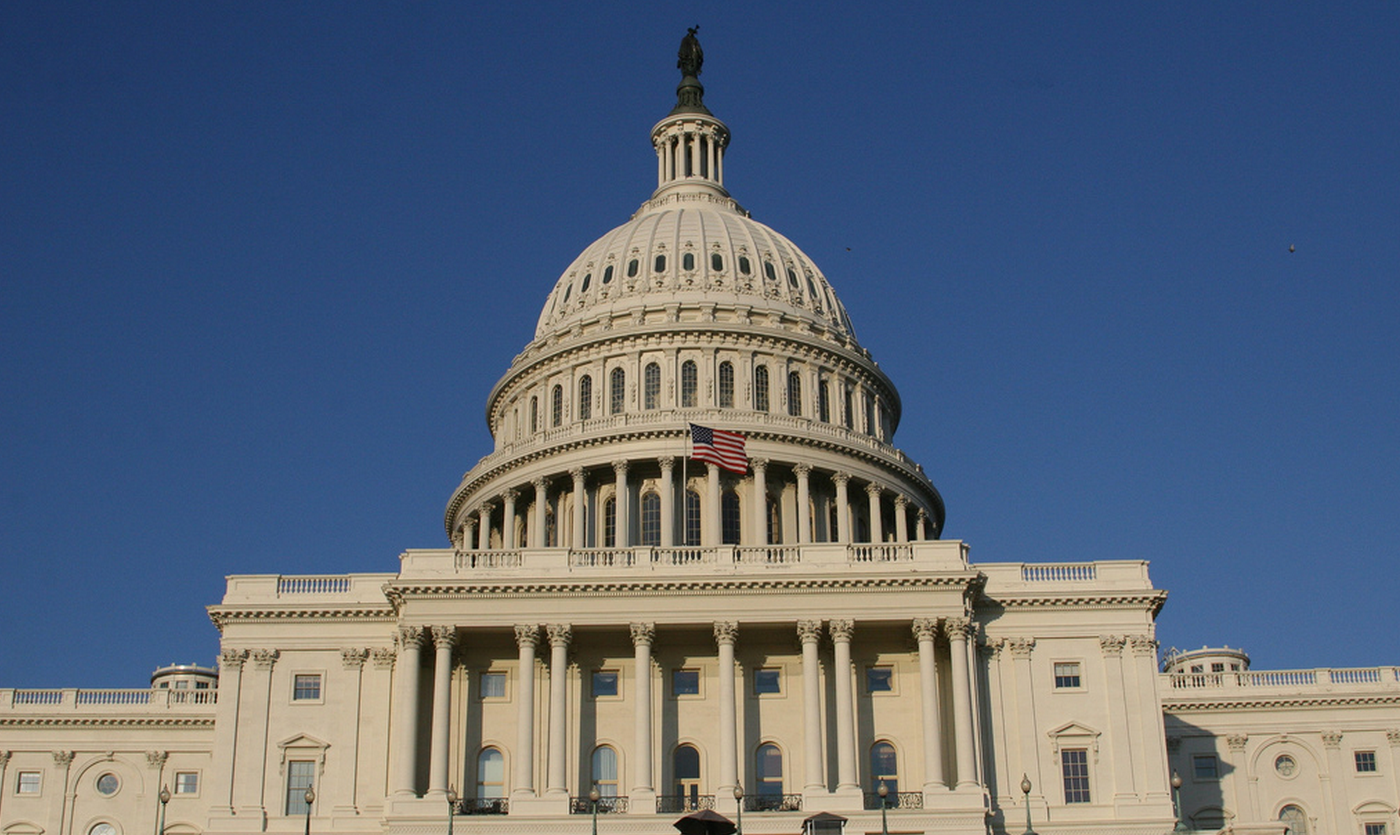
Apple, FBI Testify About Encryption And Privacy In Congressional Hearing
The angriest battle in tech right now is taking place between Apple and the FBI. Two weeks in to a very public fight, the argument is only heating up. Today, the debate went over to Capitol Hill. [More]
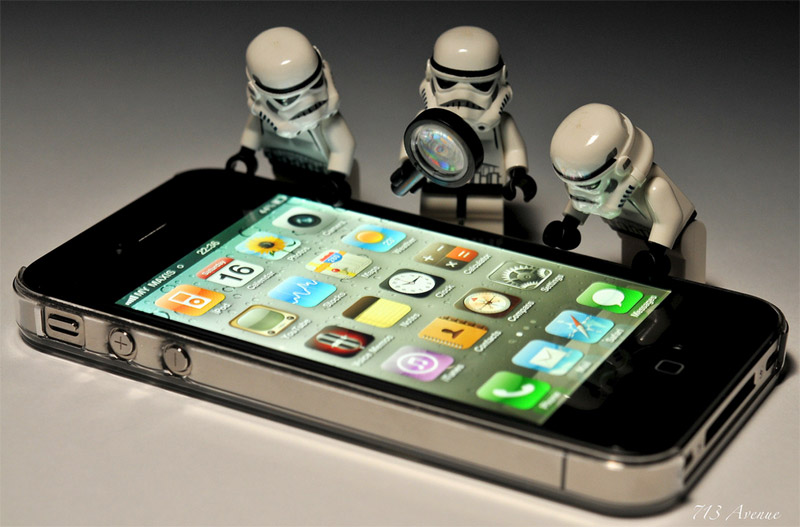
Apple Suggests New Commission Be Formed To Resolve FBI Privacy Standoff
Most folks don’t get to say “no” to the FBI. But Apple did just that last week, when they very publicly took a stand and, in an open letter to consumers, refused to create new code that could allow the feds to hack into an iPhone that belonged to one of the San Bernardino shooters. The spat has only deepened over the last few days, and brought issues of consumer privacy and encryption straight into mainstream conversation. [More]
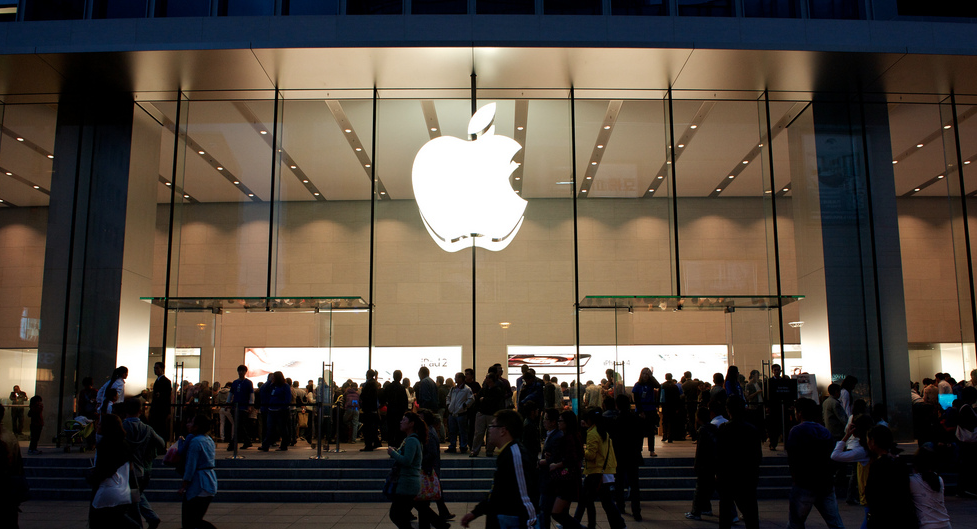
Apple To FBI: Keep Your Hands Off Our iPhone Encryption
One of the biggest stories in tech these days has its beginning in tragedy: the mass shooting in San Bernardino late last year. The FBI’s investigation includes the iPhone 5C one of the shooters used, but they can’t access all the data on it because of the phone’s built-in encryption. Two months in to the investigation, the feds have ordered Apple to alter the phone so that law enforcement can crack it with brute force password attacks. However, in an unusually bold move for business, Apple’s answer to the FBI is a big fat “no.” [More]

Ashley Madison Offering $378,000 Reward For Info On Hackers
While big companies have been known to offer “bounties” to white-hat hackers to test for weaknesses in their networks and websites to ensure they aren’t one day breached in a cyber attack, it’s too late for AshleyMadison.com, the dating site for cheaters. After the embarrassment of having its users’ private information made very public, the site is now dangling several hundred thousand dollars as a reward for information leading to the arrest of the group behind the massive hack. [More]

Very Personal Information For Over 30 Million Ashley Madison Users Set Loose On Internet In Wake Of Hack
Ashley Madison, the website for cheating cheaters who specifically want to go have an affair, was hacked in July. A day later, the company said that it was working to secure its users’ data and all personally identifiable data had been taken down. But perhaps the company is taking after the worst habits of its member base, because that too turns out to be a pack of dirty lies: the full data for over 30 million Ashley Madison accounts is now out there in the wild. [More]
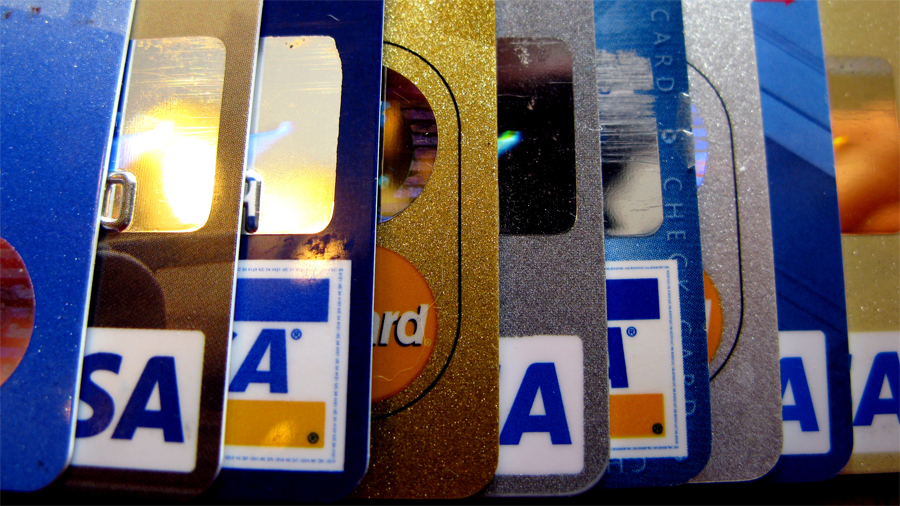
Survey Says: You’d Rather Have Your Nude Pics Leaked Than Your Financial Information
MasterCard wants to know how you feel, so they asked a bunch of people: Do you feel safe? Do you feel secure? Do you feel like you need a cookie and a nice cup of cocoa? Wait, scratch that last one. MasterCard’s survey only covered feelings about how safe and secure you feel your financial information is. The answer? Not very secure at all. [More]

Your Personal Information Is Probably Going To Be For Sale When The Company You Gave It To Is
You’ve signed up for a dating site, and it has promised up and down not to sell your data for marketing purposes. One year in, so far so good. Except the site folds, and someone else buys its assets — and those assets include all your personal info. The new owners made no privacy promise, and now your likes, dislikes, and dating history are floating down you-know-what creek without you. [More]
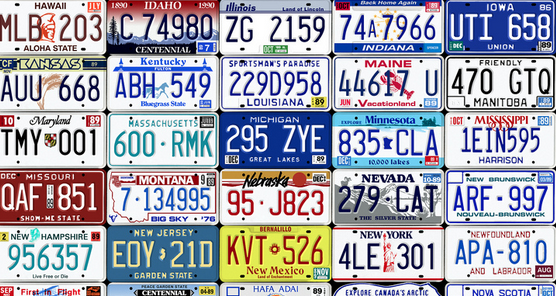
Privacy Advocates Sue Virginia Police Over Data From Automatic License Plate Scanners
By itself, your license plate doesn’t say much except in what state, month, and year you registered your car. But start tracking where and when that license plate goes, and you’ve suddenly got a whole huge pile of personal data about all the comings and goings in someone’s life. We’ve reported before that license plate scanning by public and private entities is both widespread and unregulated. Now, the ACLU is suing police in one state to get them to stop. [More]
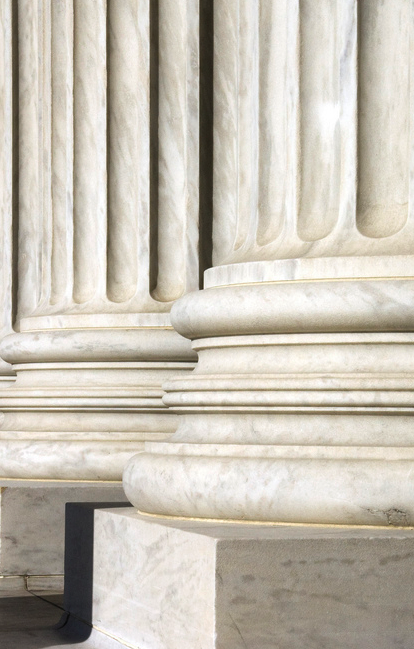
Supreme Court To Decide If You Can Sue When Data Aggregators Are Wrong
There’s a true 21st-century case a-brewing at the Supreme Court, one of those unsexy legal questions with enormous potential repercussions. At heart of the matter is personal data. There’s an insane amount of it out there, on each and every one of us, and it’s all for trade, barter, and sale. But that doesn’t mean it’s all correct or true. So if some website or service goes around saying you’re someone you’re not, do you have the right to sue?
[More]

Who’s Making The Money When Your Smart TV Watches You Back?
We’ve heard plenty of times in the past few years that if you have a smart TV — one that’s internet-enabled, for all that app goodness — that it might be watching you just as much as you watch it. Samsung in particular generates a lot of questions about how secure your data is with your TV, as do LG and Vizio. But there’s a missing piece to the equation. If your TV is watching you, why? Who stands to gain (in the sense of cold hard cash) from your data? [More]


